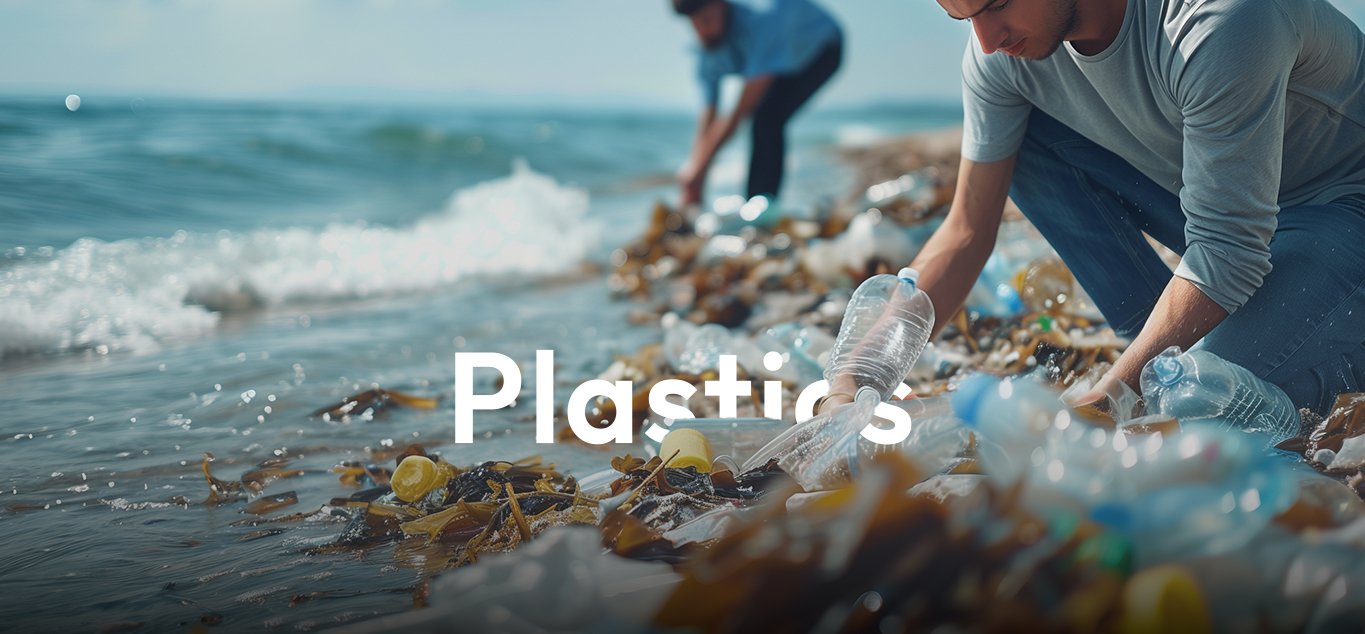
The Plastics Loop is dedicated to advancing the Plastics Treaty’s action agenda and its critical link to the Climate Crisis. We actively support the INC negotiation process, engaging a broad spectrum of stakeholders, from governments and waste pickers to municipalities, businesses, financial institutions, recycling systems, NGOs, and academia.
Our commitment extends well beyond the treaty’s adoption, focusing on implementation, technical guidelines, best practices, and monitoring systems. We work to inspire innovation and strengthen collaboration across sectors, ensuring impactful contributions to the global effort against plastic pollution at every stage of its lifecycle.

Our focus on Plastics is closely tied to the action agenda of the Plastics Treaty and the link between that treaty and the Climate Crisis. Our commitment to the Plastics Treaty extends to supporting the establishment of its action agenda under the INC negotiation process. We believe in the importance of involving a diverse range of non-state actors in this process, including waste pickers, municipalities, businesses from different economic sectors dealing with plastics, financial institutions, recycling systems, NGOs with a focus on action, and academia. Each of these actors brings unique perspectives and expertise that are essential for the successful implementation of the Plastics Treaty.
Action at the Source
We take action in order to address environmental and social challenges associated with the textile industry.

WEBINAR
Plastic Treaty Pulse: The Road to global action against Plastic Pollution
WEBINAR NOV 05
Methane Mission: Investment in Municipal Waste Management Systems to Tackle the Climate and Plastic Crisis
Municipal solid waste separation at source
A Key to Reducing Methane Emissions and Tackling the Plastic Crisis.
PLASTICS
Our Approach
As one focus of our work, we believe in the importance of implementing mechanisms for segregating and treating organic waste worldwide in a sustainable way.
We think it’s important for this to be included in the Plastics Treaty and should be a relevant part of how national plans deal with waste in general.
As countries have agreed to negotiate a global treaty to stop plastic pollution, we believe that from the real economy, non-state actors can demonstrate how
sustainable segregation and treatment of organic waste can help and accelerate the solutions needed to solve the problem. And if this evidence is detected by the states, then local regulations can be advanced to put us on the right trajectory. *

PLASTICS
Initiatives & Pipelines
Enabling discussion in global events such as INCs regarding the benefits of establishing separate organic and inorganic waste streams could trigger a systemic response, compelling nations to devise and implement public policies tailored to this purpose.
1
one
Supporting the negotiation process around waste management systems that effectively segregate organic and inorganic waste, linking its relevance within the Plastic Action Agenda.
2
two
Research, awareness, and campaigning with government agencies, environmental organizations, industry groups, and research institutions to raise awareness about waste management and its relevance in methane emissions reduction as well as its contribution to the plastic recycling stream.
3
three
Knowledge dissemination with relevant information of the impact of organic waste segregation at source in the plastic recycling stream, working condition improvement for waste pickers and methane emissions reduction.
4
four

*
20%
ORGANIC
WASTE
35%
FOSSIL
FUEL
40%
AGRICULTURE
Organic waste is the third largest anthropogenic source of methane (20%), after fossil fuels (35%) and agriculture (40%).
In low and middle-income countries, where waste management systems are still deficient, over 50 percent of waste consists of food and green waste, and usually less than 5% of the waste has its cycle properly closed. By integrating two distinct waste streams (organic and inorganic) into waste management systems, the amount of plastic waste suitable for recycling would increase, alongside pure organic waste suitable for composting or bio-digestion, which will potentially create resources for the local system while reducing the general waste management cost.
Consequently, this approach would enhance the working conditions of waste pickers and would mitigate methane emissions from landfills, addressing the climate crisis while also diverting both organic and inorganic waste from the environment, thereby combatting the plastic contamination crisis. This option will also create the needed composting conditions for several compostable plastics as alternatives of innovation for many current non-compostable / non-recyclable plastics applications.
PLASTICS
Partner Organizations
01.
-
Established by UN Climate Change High-Level Champions, Gonzalo Muñoz and Nigel Topping, the Climate Champions Team works to enhance ambition and strengthen the engagement of non-State actors in supporting Parties, working with the Marrakech Partnership, to deliver the goals of the Paris Agreement.
02.
-
Chilean based Hub that focuses on methane mitigation funding in the energy, agricultural, and waste sectors which account for 96% of human-caused methane emissions. This effort is aligned with the objectives of the Global Methane Pledge, to cut 30% of methane emissions by 2030.
03.
-
A union of waste picker organizations representing more than 460,000 workers across 34 countries.
04.
-
The Alliance of Small Island States is affected by climate change with sea level rise and the plastic pollution crisis with plastic reaching their shores.



